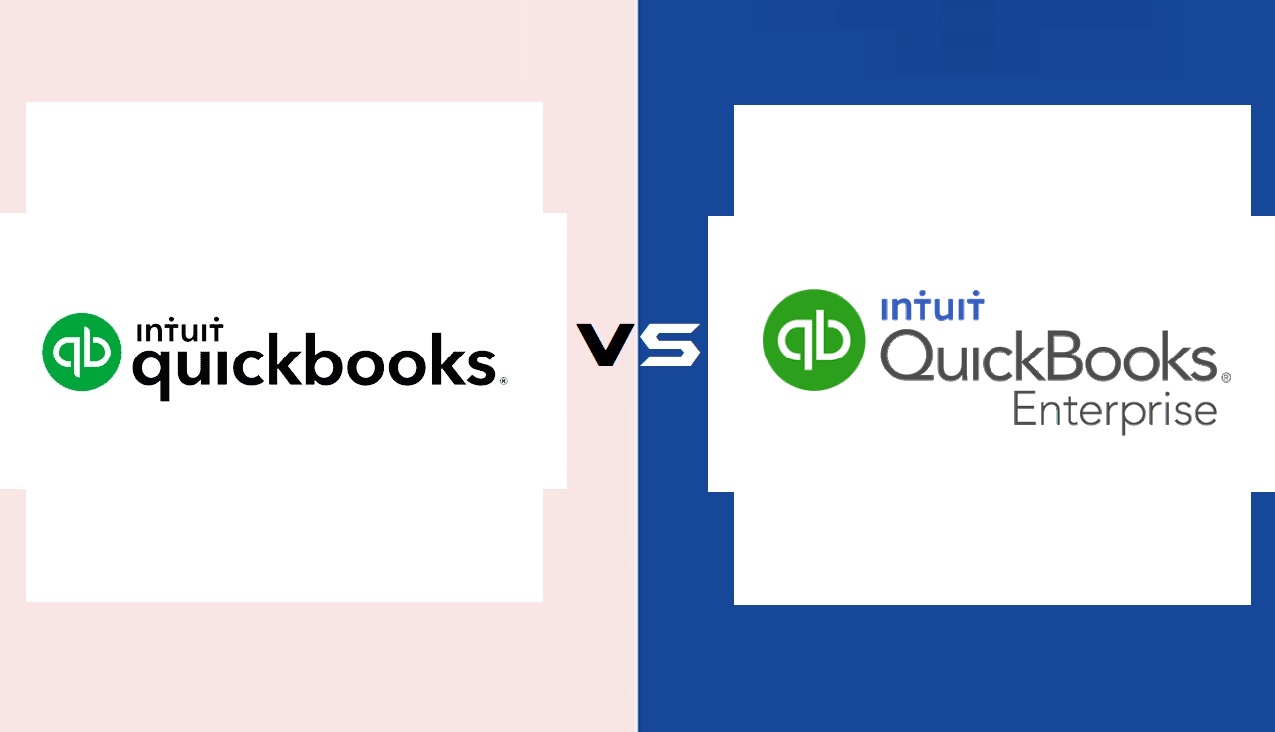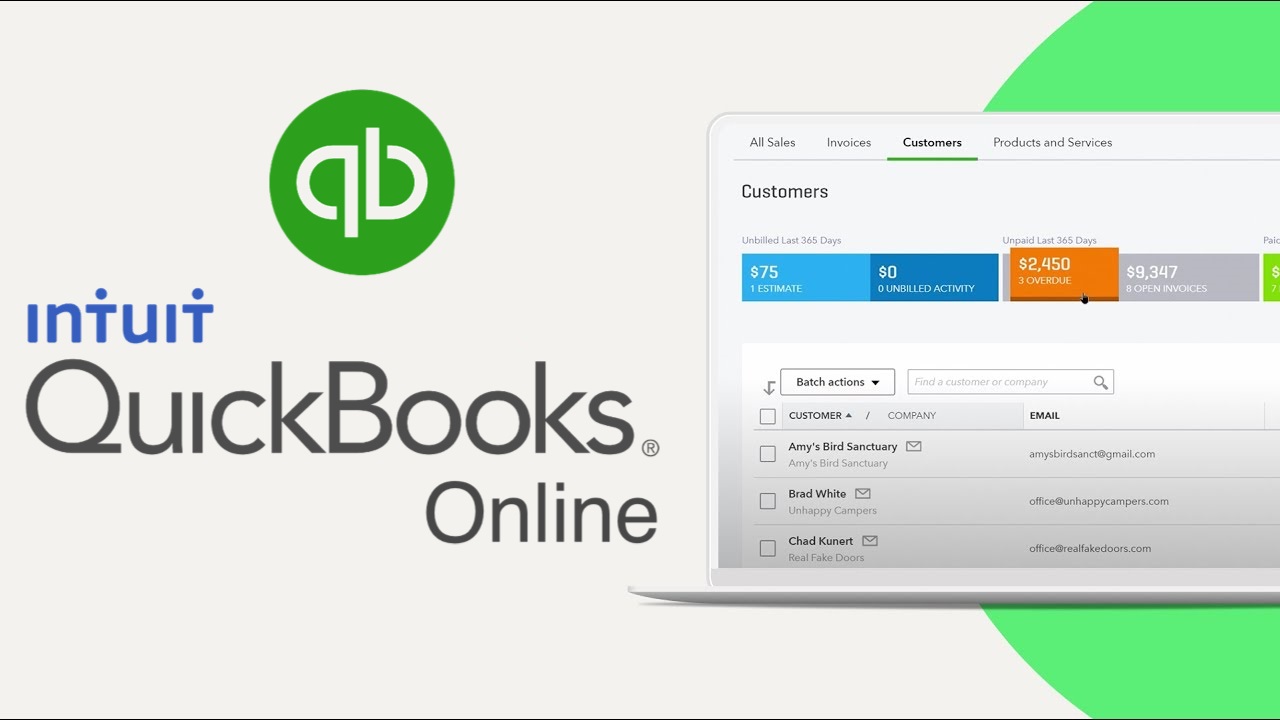Starting a small business can be a challenging and rewarding experience. One of the key aspects of running a successful business is managing finances, and this starts with proper accounting and bookkeeping. In this guide, we will explore the essential concepts and best practices for startup accounting and bookkeeping for small businesses.

1: Accounting Basics for Small Businesses
1.1 The Purpose of Accounting
The primary purpose of accounting is to track financial transactions, generate financial statements, and provide insights into the financial health of a business. The information obtained through accounting can help business owners make informed decisions, plan for the future, and meet regulatory requirements.
1.2 The Accounting Equation
The accounting equation states that assets = liabilities + equity. This equation is the foundation of double-entry accounting, which means that every financial transaction affects two or more accounts. By using the accounting equation, business owners can ensure that their books are balanced and accurate.
1.3 Financial Statements
Financial statements provide a snapshot of a business’s financial performance over a specific period. The three primary financial statements are the income statement, balance sheet, and cash flow statement. Business owners should regularly review these statements to understand their financial position and make informed decisions.
2: Bookkeeping Basics for Small Businesses
2.1 The Purpose of Bookkeeping
Bookkeeping is the process of recording financial transactions in a systematic and organized manner. The primary purpose of bookkeeping is to ensure that financial records are accurate, complete, and up-to-date. This information is essential for generating financial statements and making informed decisions.
2.2 The Chart of Accounts
The chart of accounts is a list of accounts used to track financial transactions. It typically includes accounts for assets, liabilities, equity, revenue, and expenses. The chart of accounts should be customized to fit the specific needs of the business.
2.3 Recording Financial Transactions
Financial transactions should be recorded in a timely and accurate manner. This includes recording all income and expenses, tracking accounts payable and receivable, and reconciling bank and credit card statements.
3: Startup Accounting Best Practices
3.1 Separate Business and Personal Finances
Business owners should separate their personal and business finances. This includes opening a separate business bank account and using separate credit cards for business expenses. This separation makes it easier to track business expenses and ensures that personal finances are not co-mingled with business finances.
3.2 Implement an Accounting System
Business owners should implement an accounting system to track financial transactions, generate financial statements, and manage accounts payable and receivable. This system can be as simple as a spreadsheet or as complex as an accounting software package.
3.3 Keep Accurate Records
Accurate record-keeping is essential for startup accounting. Business owners should keep copies of all financial documents, including invoices, receipts, and bank statements. These records should be organized and easily accessible.
3.4 Hire a Professional Accountant
Small business owners may benefit from hiring a professional accountant to manage their startup accounting. An accountant can provide valuable insights into financial performance, help with tax planning, and ensure that the business complies with regulatory requirements.
4: Startup Bookkeeping Best Practices
4.1 Set Up a Bookkeeping System
Business owners should set up a bookkeeping system to record financial transactions and manage accounts payable and receivable. This system should be tailored to the specific needs of the business and should be easy to use and maintain.
4.2 Stay on Top of Accounts Payable and Receivable
Business owners should stay on top of accounts payable and receivable to ensure that bills are paid on time and that customers pay their invoices promptly. This can be achieved through regular follow-up with customers and suppliers and by implementing a system for tracking outstanding payments.
4.3 Reconcile Bank and Credit Card Statements
Reconciling bank and credit card statements is an important bookkeeping task that helps ensure that financial records are accurate. This involves comparing the transactions recorded in the accounting system to the transactions listed on bank and credit card statements. Any discrepancies should be investigated and resolved promptly.
4.4 Regularly Review Financial Reports
Business owners should regularly review financial reports, such as the income statement and balance sheet, to understand their financial performance and make informed decisions. These reports can highlight areas where the business is doing well and areas where improvements can be made.
5: Tax Considerations for Small Businesses
5.1 Tax Obligations
Small businesses have various tax obligations, including income tax, sales tax, and payroll tax. Business owners should understand their tax obligations and ensure that they comply with all relevant tax laws and regulations.
5.2 Tax Planning
Tax planning can help business owners minimize their tax liabilities and maximize their deductions. This can involve strategies such as deferring income, accelerating expenses, and taking advantage of tax credits and deductions.
5.3 Hiring a Tax Professional
Small business owners may benefit from hiring a tax professional to help with tax planning and preparation. A tax professional can help ensure that the business complies with tax laws and regulations and can help identify opportunities to save money on taxes.
6: Funding and Financial Management
6.1 Funding Options for Small Businesses
Small businesses have various funding options, including loans, grants, and investments. Business owners should consider their funding options carefully and choose the option that best fits their needs and goals.
6.2 Financial Management
Financial management involves managing cash flow, monitoring expenses, and planning for the future. Business owners should regularly review their financial statements and make adjustments as needed to ensure that the business remains financially healthy.
6.3 Budgeting
Budgeting is an essential part of financial management. A budget can help business owners plan for the future, set financial goals, and monitor expenses. Business owners should regularly review their budgets and make adjustments as needed.
Also Read : 20 Big Tax Deductions (Write Offs) for Businesses in USA
Conclusion:
Startup accounting and bookkeeping are critical aspects of running a successful small business. By implementing best practices and staying on top of financial records and tax obligations, business owners can make informed decisions and ensure the long-term success of their businesses.




